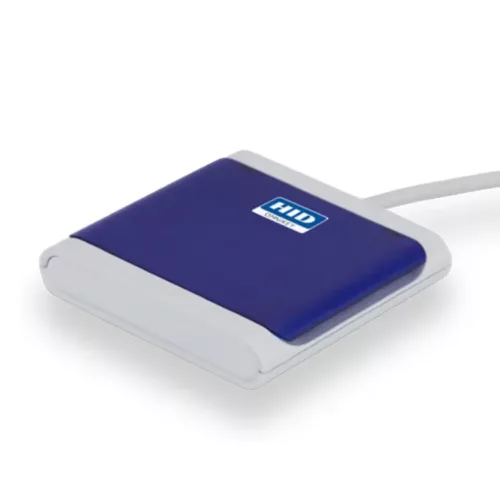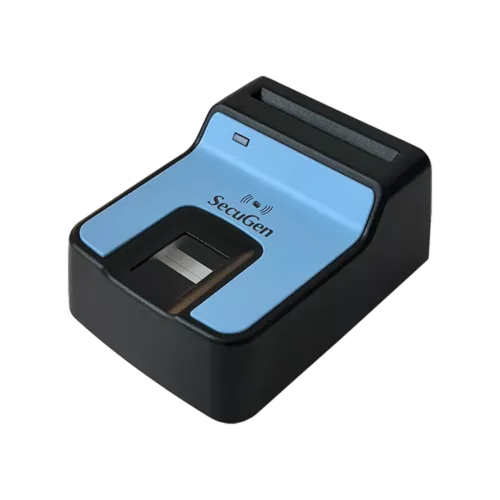Chip Card Interface Device (CCID) protocol is a USB protocol that allows a smartcard to be connected to a computer via a smart card reader using a standard USB interface, without the need for each manufacturer of smart cards to provide its own reader or protocol. This allows the smart card to be used as a security token for authentication and data encryption, such as that used in Bitlocker. Chip card interface devices come in a variety of forms. The smallest CCID form is a standard USB dongle and may contain a SIM card or Secure Digital card inside the USB dongle. Another popular device is a USB smart card reader keyboard, which in addition to being a standard PC USB keyboard, has an additional slot for accepting a smart card.
Related Products
Related Articles
New TOUGHBOOK G2 tablet set to steal the hearts of mobile workers
BRACKNELL, UK. 29th June 2021 – Panasonic today announced the successor to its best-selling fully rugged tablet with the introduction of the TOUGHBOOK G2. Designed with next generation communications, usability and security in mind whilst still providing access to important legacy
Juniper Systems Limited Introduces New Mesa 3 Smart Card Reader for High-Security Industries
BIRMINGHAM, United Kingdom, Feb. 24, 2021 -- Juniper Systems Limited announces its new Mesa® 3 Smart Card Reader. This military-grade, CAC/PIV-compatible smart card reader (SCR) integrates with Juniper’s Mesa 3 Rugged Tablet, providing the ultimate two-tier authentication solution for data protection in
ACS Launches ACR39T-A5 (USB Type C) Smart Card Reader
HONG KONG, 14 December, 2020 — Advanced Card Systems Ltd. (ACS), Asia Pacific's top supplier and one of the world's top 3 suppliers of PC-linked smart card readers (Source: Frost & Sullivan), launches ACR39T-A5. This new addition of ACR39 Series features
Optimize Your Free Trial of Card Encoding Engine (CEE)
Take advantage of free interactive demo software and cards by CardLogix to optimize your free trial From capturing user data to encoding, printing and checking that data, get the most out of your Free Trial of CEE with the
Access-IS integrates with NOVOMATIC
READING, England - Access-IS, the leading provider of identity document readers, is pleased to announce the integration of its ATOM® document reader with the myACP casino management system from NOVOMATIC. The myACP modular system, combined with ATOM, can be
ACS introduces ACR39F-A2 and ACM39U-Y3 Smart Card Readers
HONG KONG, 28 May, 2020 - Advanced Card Systems Ltd. (ACS), Asia Pacific's top supplier and one of the world's top 3 suppliers of PC-linked smart card readers (Source: Frost & Sullivan), introduces ACR39F-A2 and ACM39U-Y3 – two new additions to its ACR39 series


